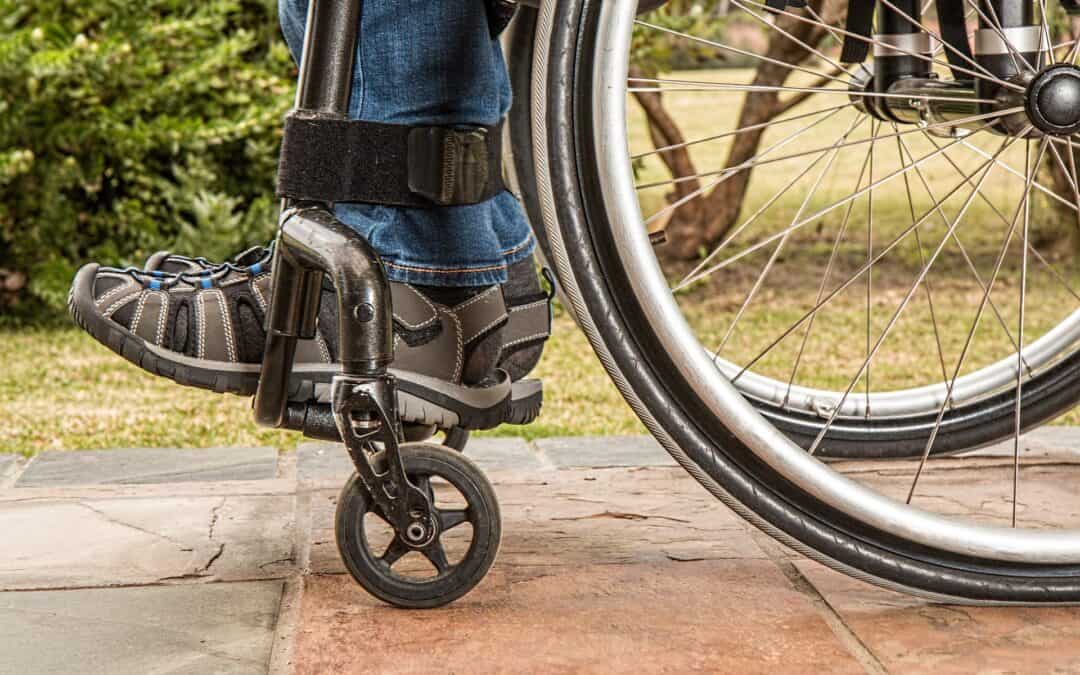Divorces are incredibly complicated- and a heavy matter to deal with. Divorcing a spouse with a disability makes an already complex situation even harder on the couple. Disabilities can occur for a magnitude of reasons, and most of the time, they come as an absolute shock.
Divorce and Disability Things to Keep in Mind
What services do you provide for your spouse? Do you help them shower/ bathe? Do you do all of their cooking and grocery shopping? Many times, the spouse ends up being the caregiver, and although this disabled person is facing these struggles, the caregiver may find themselves burned out as well.
Be Prepared to Pay Spousal Support
If your spouse cannot work due to their disability and is unable to earn adequate income, you will likely have to pay alimony.
The monthly spousal support you have to bay may be higher than the average person’s payout in a divorce, since your disabled spouse will now have to pay for the medical support that you are no longer providing him or her, and this can be a very steep price .
When considering to file for divorce, it is important to consider the things that impact those around you, besides the things that impact you directly. If you’re divorcing a disabled person, things become even more complicated.
Many questions may arise, such as: How will they fare without your help? Will their medical costs affect me? Is this morally just to want out when my spouse depends on me to live a normal life? Let’s dive into the legal definition, and some additional things to consider.
Definition of a Disability
“Under the Equality Act, a disability is defined as a physical or mental impairment that has a substantial and long-term negative effect on someone’s ability to do normal daily activities. For clarification: ‘substantial’ means more than minor or trivial (for example it takes much longer than it usually would to complete a daily task like getting dressed)
‘long-term’ means 12 months or more (for example a breathing condition developed as a result of a lung infection)”
What Services Do You Provide?
After the divorce is over, these services will still need to be provided. We suggest writing out a detailed list and giving an honest evaluation of the current situation with your disabled spouse. What daily tasks can your spouse not complete without your aid? Here’s a sample list:
● Showering
● Grocery Shopping
● Driving them to Appointments
● Cleaning the House
● Getting Ready
● Preparing Food
● Feeding Themselves
● Going to the Bathroom
Will your spouse need additional services?
Without your daily assistance, their living situation may have to be drastically different. Will they need in-home care? Will they be living with family/ a closer friend? Will they go into assisted living?
You’ll have to arrange for a care-taker- whether that be part-time, full-time in leu of your help. The expense of this will be a huge factor in your divorce, and it’s important to consider how much financial aid your spouse will need from you outside of their current income, government assistance etc…
What will the exact arrangements need to be? There could be some level of involvement from family or close friends, combined with professional services. Arrange for a part-time or full-time caregiver, or at least obtain a few estimates of what the overall expenses will be for them to continue their daily care. Now is a great time to begin considering whether your spouse can cover the costs of their current income on their own, or if they will need government assistance.
Brooke Alexander is an experienced divorce lawyer in Fort Collins and would be happy to represent. Book a consultation today!
Sources:
https://www.ada.gov/cguide.htm


